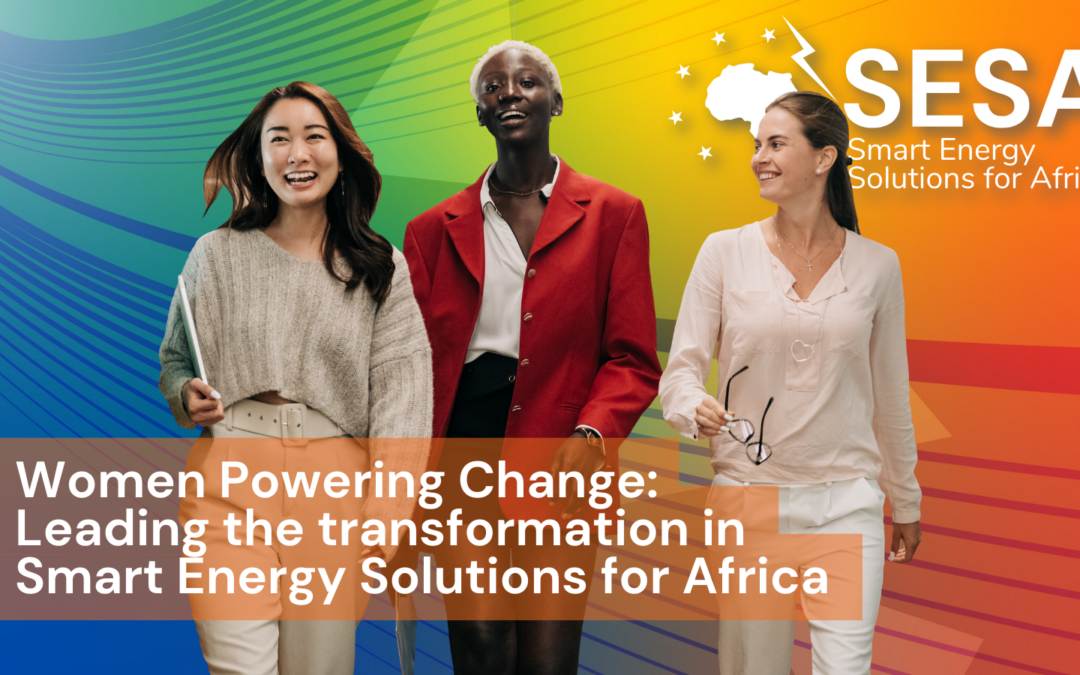
Women Powering Change: Leading the transformation in Smart Energy Solutions for Africa
In the dynamic landscape of energy research and engineering, the pivotal role of women is increasingly gaining recognition. Across Europe and Africa, female researchers and engineers are making significant contributions to the development and implementation of smart energy solutions. Their participation not only brings diversity to the field but also enhances innovation and inclusivity in addressing the energy challenges faced by these regions.
“Sometimes people may think that because you´re a woman you´re not able to manage a big scientific project. Don´t let that happen to you. We, as women, can do anything! In fact, it’s high time to recognise that women should have a bigger impact on clean energy development in Africa: from policy and business perspective to offering innovative and women-driven smart sustainable energy solutions,” notes Magdalena Sikorowska, Senior Expert for Sustainable Energy Systems at ICLEI Europe and Coordinator of the SESA project.
In Europe, women are at the forefront of energy research, driving groundbreaking initiatives aimed at transitioning towards sustainable energy sources. From academia to industry, female researchers are leading projects focused on renewable energy technologies, energy efficiency, and grid optimization. Their expertise and leadership are instrumental in shaping policies and strategies for a cleaner and more resilient energy future.
Similarly, in Africa, women are playing a vital role in driving energy innovation and accessibility, particularly through initiatives like the Smart Energy Solutions for Africa (SESA) project. SESA is committed to promoting gender equality and empowering women in the energy sector across the continent.
“Diversity in research is essential for producing results that benefit the whole society. The proposed innovative solutions have been co-developed with local stakeholders and SIN is assessing on business models ensuring inclusiveness and bringing also unique women perspective and experiences to the table.” Elena Calzado Roldan, International Project Manager at Smart Innovation Norway
Empowering women in the energy sector
Concrete actions taken by SESA include supporting clean cooking solutions in Malawi, Nigeria and Rwanda, where women are actively involved in promoting and adopting clean cooking technologies. By providing access to cleaner and more efficient cooking methods, SESA is not only improving health outcomes but also empowering women economically.
“As a woman led organization, we have introduced the knowledge sharing aspect where we train young women about the clean cooking technology for them to learn how to manufacture improved cookstoves and pellets. This will not only improve their entrepreneurial skills but also will make them contribute to the quick transition from the old cooking modes that are known as three stones to improved ones in Rwanda and globally.” Anitha Umutoniwase, CEO of EcoGreen Solutions Ltd.
“Access to clean cooking technology in Rwanda is empowering women by reducing their exposure to harmful smoke from traditional cooking methods, allowing them to pursue education, entrepreneurship, and community involvement with improved health and time-saving benefits. This shift enables women to contribute more actively to their families’ well-being and overall economic development.” Josiane Uwabera an Engineering Student at the University of Rwanda who recently took part in the training organised by University of Rwanda and EcoGreen.
Furthermore, SESA is spearheading efforts to promote e-mobility in countries like Morocco, where women are increasingly participating in the transition towards electric vehicles. Through training programs and partnerships with organizations like the Rural Association of Girls in Marrakesh, SESA is equipping women with the skills and knowledge needed to thrive in the emerging field of e-mobility.
“Motorbikes are already a thriving culture in Marrakesh city, particularly among women. With the Sesa project’s introduction of e-mobility, this dynamic scene not only embraces sustainability but also fosters empowerment, amplifying the voices and roles of women riders,” contributes Ibtihal Ait Abdelmoula, Head of Digitalization and Data Science Group at Green Energy Park and partner of the SESA project.
These initiatives not only contribute to reducing carbon emissions but also create opportunities for women to enter traditionally male-dominated sectors of the economy.
As evidenced by the recent training in Rwanda, women are actively engaged in driving change and innovation in the energy sector. Their participation not only amplifies the impact of initiatives like SESA but also paves the way for a more sustainable and inclusive energy transition in Africa and beyond.
As we move forward, it is imperative to continue supporting and empowering women in energy research and engineering. By harnessing their talent and expertise, we can accelerate progress towards a more equitable, resilient, and sustainable energy future for all.




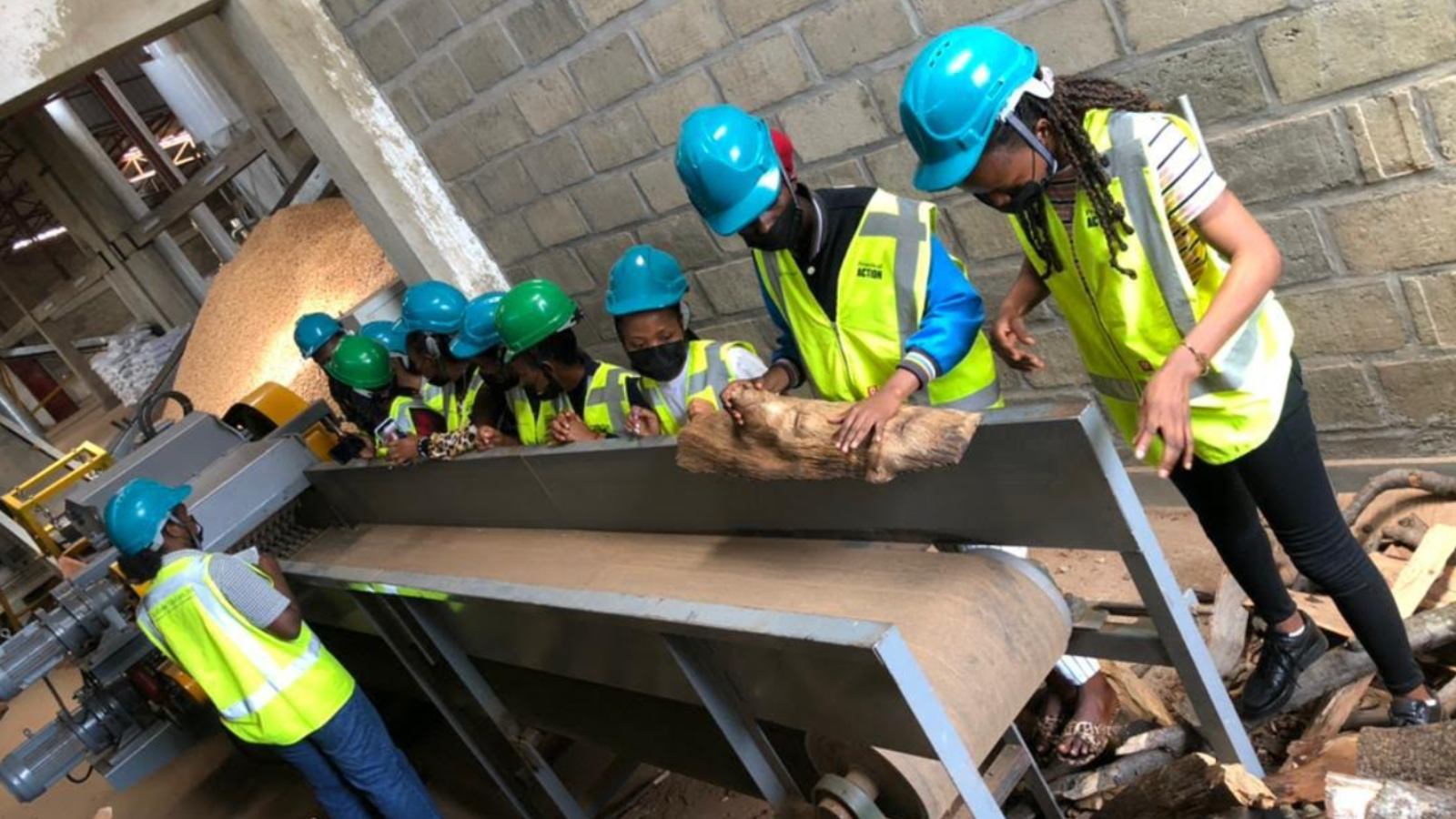

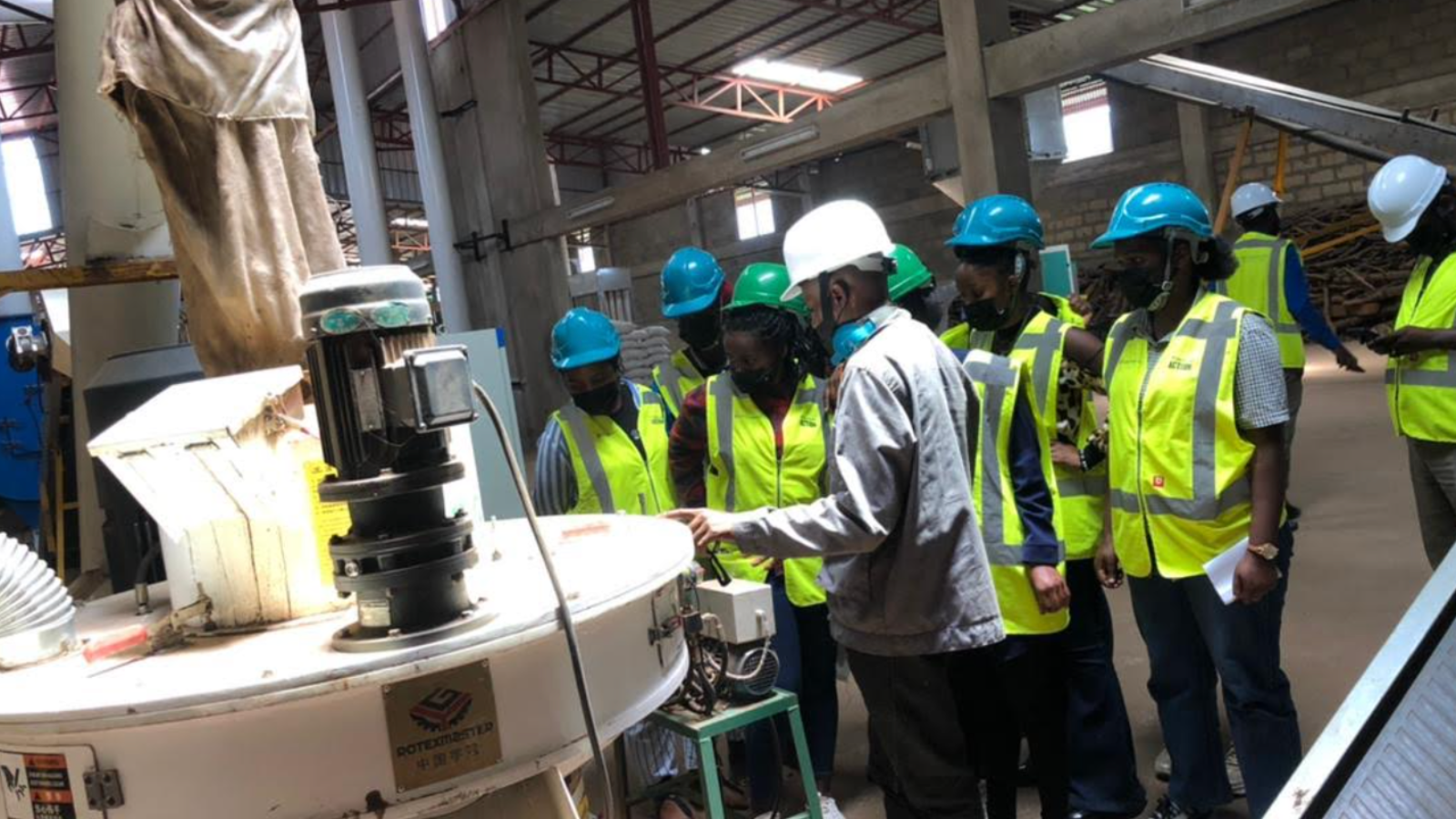
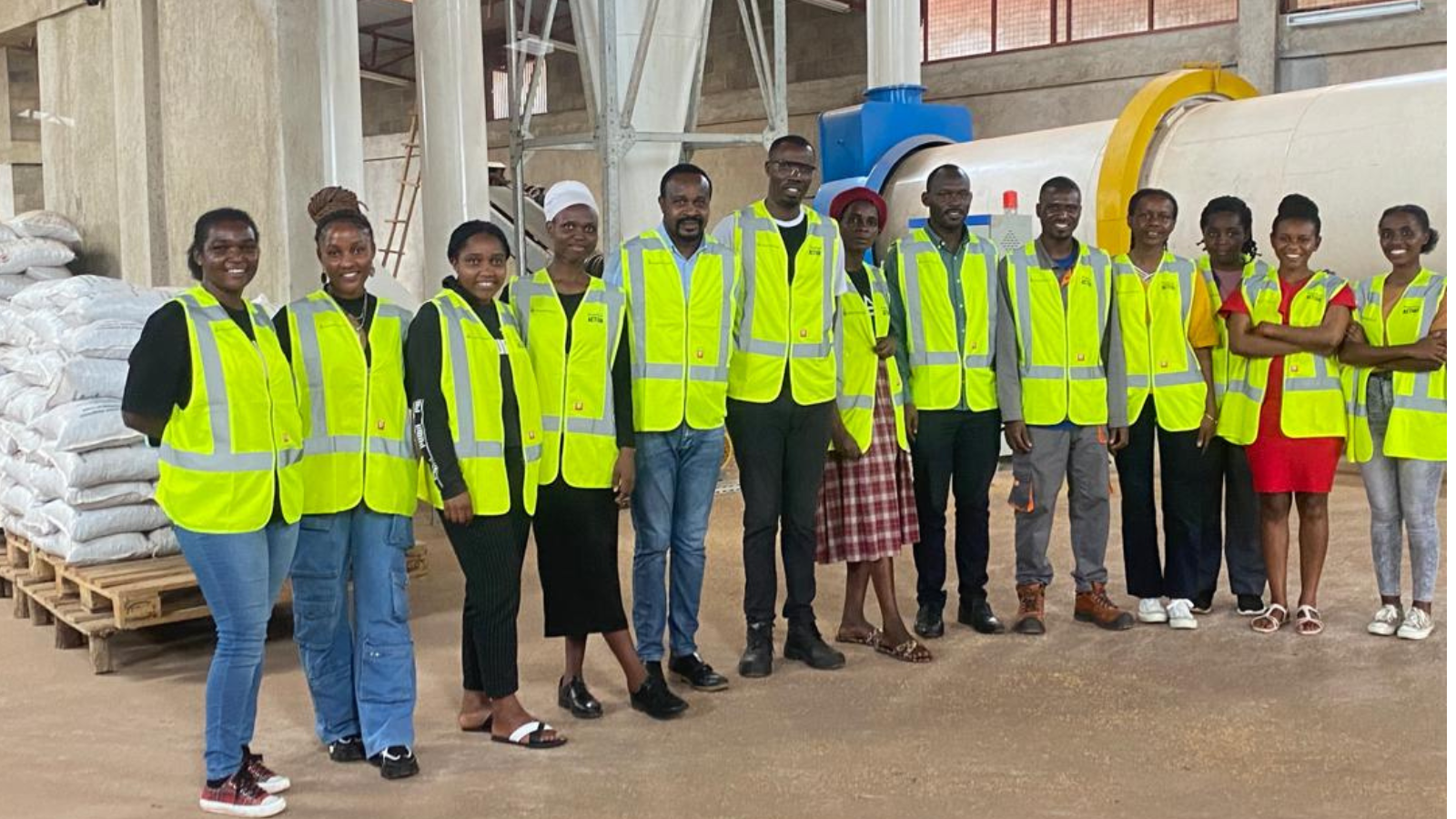
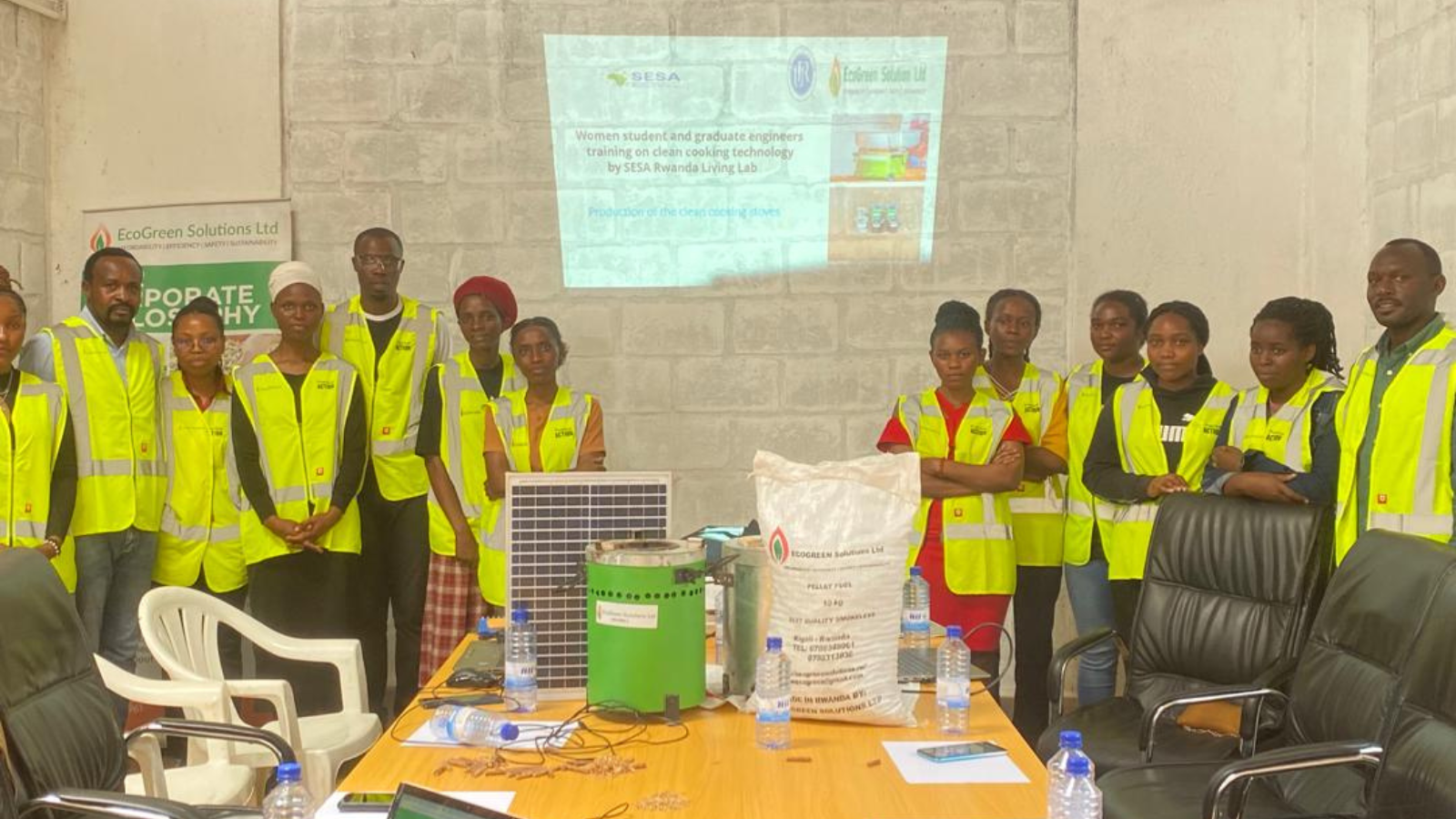
Recent Comments